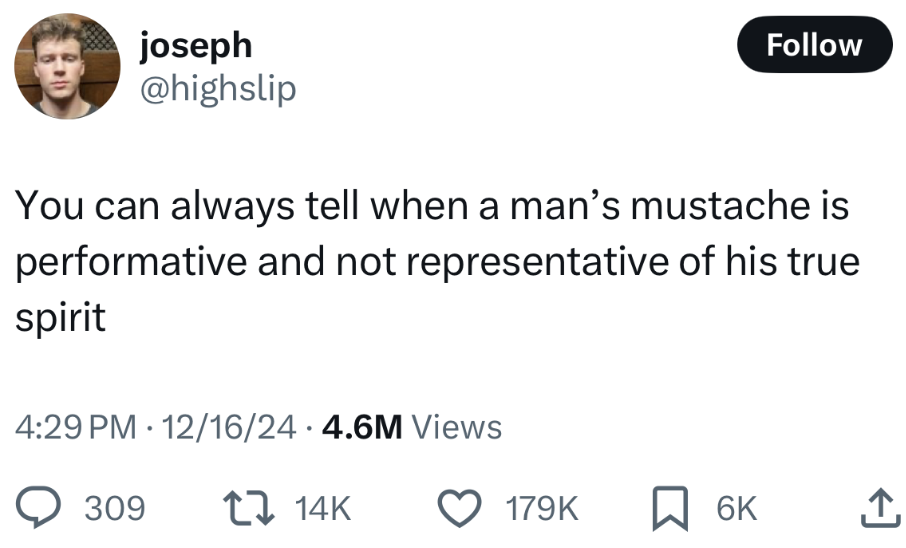On Dec. 5, University of Pennsylvania (UPenn) President Liz Magill, Massachusetts Institute of Technology (MIT) President Sally Kornbluth and Harvard University President Claudine Gay were asked to testify in front of Congress regarding their efforts to prevent antisemitism on their respective campuses. During their testimony, Rep. Elise Stefanik (R-NY) asked if the usage of the word “intifada,” which she defined as “a call to commit genocide against the Jewish people in Israel and globally” goes against their universities’ codes of conduct. While each President condemned the chanting of “intifada,” they stated that free speech includes allowing speech that one might find personally objectionable. Many Representatives did not find these answers satisfactory; the House Education and Workforce Committee has opened an investigation into antisemitism at UPenn, Harvard and MIT.
Four days after her testimony, President Magill resigned. Magill faced intense backlash from students, alums, politicians and donors over her response to Rep. Stefanik’s question. While we do not agree with her views, we recognize Magill’s resignation for what it is: a punishment because she implicitly affirmed the right of students and faculty to protest the actions of the state of Israel. These hearings, in addition to the House’s recent resolution that anti-Zionism is equivalent to antisemitism, serve to criminalize and discourage those who speak out against the occupation of Palestine. Attempts to silence pro-Palestine views and actions on college campuses in particular demonstrate an erosion of free speech that is of concern to us as students and as journalists.
This renewed fervor against student activism is founded in fundamental untruths. Palestinians have repeatedly stated that “intifada” is not a call for violence against Jewish people. Many Jewish people and organizations have repeatedly stated that anti-Zionism is not antisemitism. Yet, we have seen rules regarding free speech and the right to protest changed and applied arbitrarily to pro-Palestine demonstrations based on these misinterpretations. At Columbia University, Students for Justice in Palestine (SJP) and Jewish Voice for Peace (JVP) were suspended following a walkout they organized. Columbia’s event policy was changed shortly after protests began, and the change was made without consulting the student government or student organization leaders. Brandeis University suspended their SJP chapter on the same day they intended to hold a vigil mourning the lives lost in Palestine. At Wellesley, SJP has not been a constituted organization for several years, as student organizers fear administrative backlash.
Those who speak out in favor of Palestine are accustomed to being doxxed, harassed and threatened — we have experienced this ourselves. Since Oct. 7, we have also seen an alarming rise in both students and faculty losing their on-campus jobs and housing as a result of their political views. The universities we attend hold significant power over our lives, and we find the weaponization of this power to punish students and faculty, specifically those who are BIPOC, reprehensible. Wellesley is guilty of this as well, as the Munger Residential Life team was put on probation after their email criticizing the Israeli government, and a Palestinian RA was forced to resign. Other Wellesley students have lost their work-study jobs or faced potential Honor Code charges for their pro-Palestine social media posts. The suppression and intimidation of pro-Palestine voices exposes the double standard Wellesley upholds with regards to free speech.
Debates over terminology and hypothetical scenarios deflect attention from the real issue at hand — the genocide in occupied Palestine. The punitive actions against students and faculty expressing pro-Palestine views reveal a disconcerting erosion of free speech principles. The Wellesley College administration cracking down on students with threats of disciplinary action and Honor Code charges is unacceptable. The administrations’ actions have led to a concerning chilling effect on any pro-Palestine speech and even academic discussions of Israel and Palestine. Both students and faculty fear speaking out for Palestine for fear of repercussions. The Wellesley News Editorial Board demands that the administration stand by its proclaimed commitment to free speech and stop applying double standards when it comes to pro-Palestine speech.






